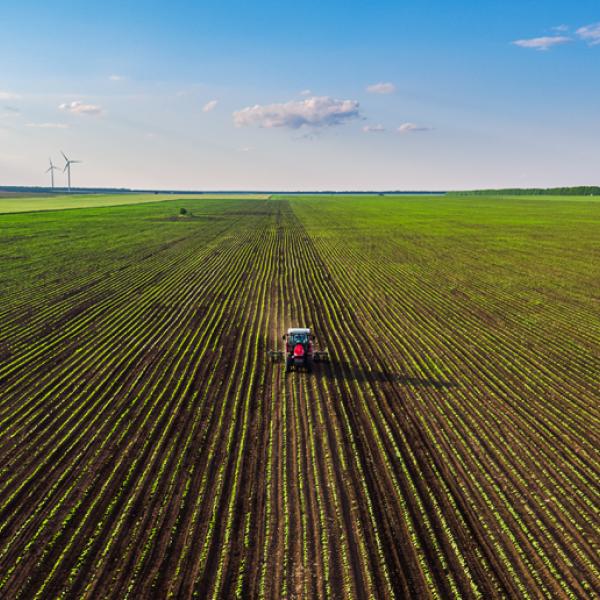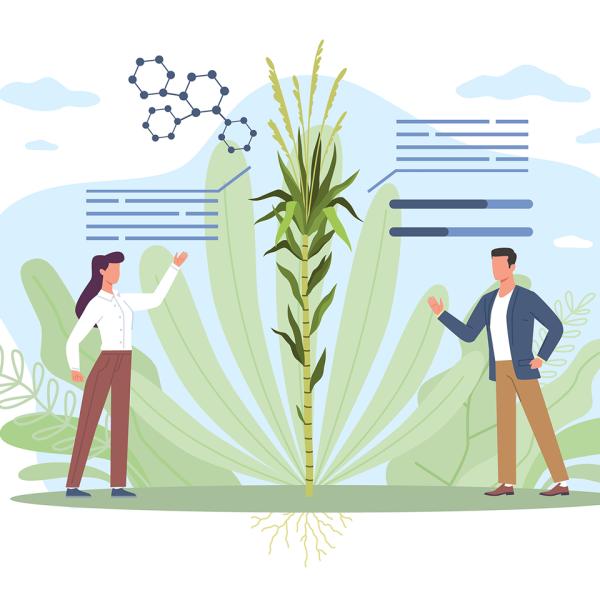When soil scientist Derek Lynch looks out across a field of alfalfa or corn, he’s not thinking only of the crop. He’s thinking about what’s sustaining it and future harvests.
“My goal is to improve farmers’ understanding of how their crop management influences soil health, soil organic matter and stored soil carbon,” says Lynch, a researcher in Dalhousie University’s Department of Plant, Food, and Environmental Sciences.
His lab group’s extensive research program — from Prince Edward Island potato farms to Ontario dairy operations to grain farms in Manitoba — is providing Canadian farmers with an unprecedented level of detail about soil ecology, to boost productivity and keep the soil healthy.
It’s research that’s showing that soil health is often more resilient than many expected.
“We’re generally finding that soil microbial functioning is quite resilient,” says Lynch, whose unique CFI-funded lab includes chemical analysis equipment for everything from soil DNA extraction to carbon, nitrogen and phosphorus analysis.
For example, his research group found that the bacteria in soil on organic farms, where the level of available phosphorous is low, produced enzymes to release the phosphorous in the soil. In contrast, some species of beneficial soil fungi commonly found in legume fields were replaced by new species after long-term organic dairying. Larger soil organisms such as earthworms and ground beetles were found to consistently benefit from the usually longer and more varied crop rotations, or uses of organic mulches, on organic farms.
Similarly, his lab group has a long-running research program on using green manures before planting grains or potatoes. These include legumes such as alfalfa, clover and hairy vetch grown and then tilled into the soil to provide nitrogen, or rolled into a mulch and left on the surface to help improve soil health. The research has revealed that some green manures can often add double the nitrogen to the soil than what farmers previously thought. “It's data that adds to the options for farmers,” says Lynch. "It means that instead of having to grow two years of red clover, they could get away with one year of hairy vetch, for example.”
Return to the Feeding the country’s need for new knowledge in agriculture collection





